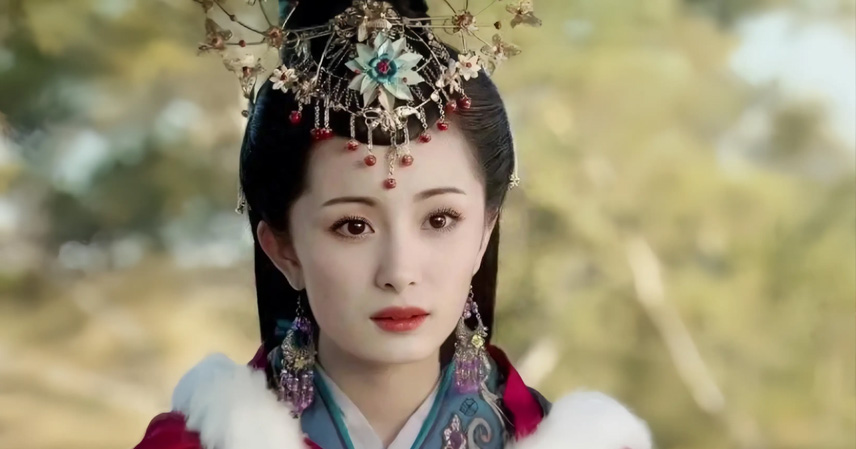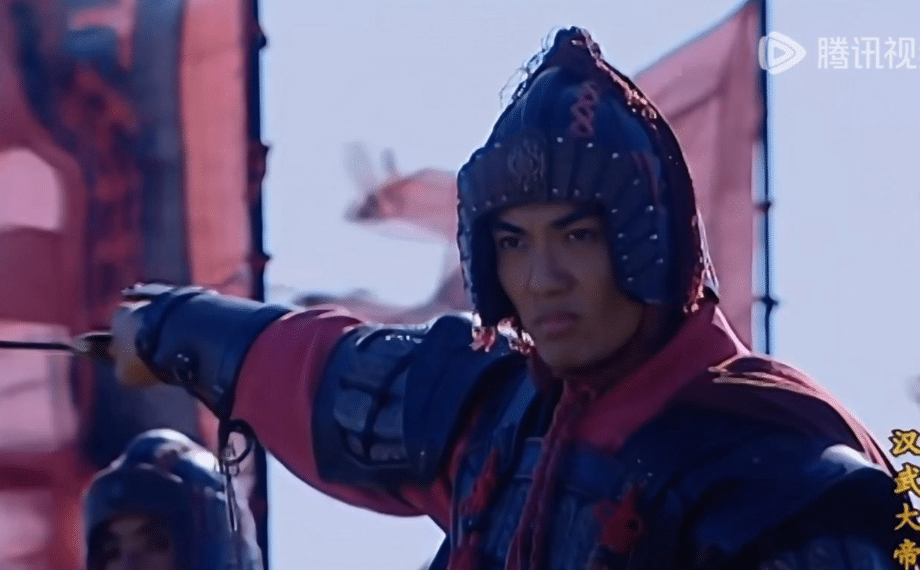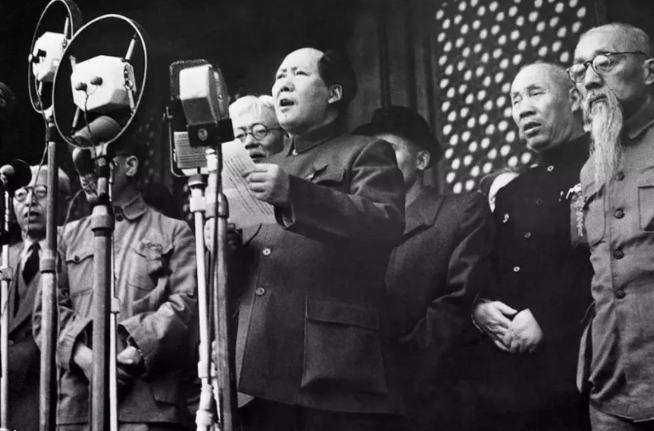In 31 BCE, Wang Zhaojun, at only 23 years old, found herself thrust into an unimaginable situation after her husband’s death. Her stepson, the son of the late Xiongnu chieftain Huhanye, forcibly claimed her as his wife due to a brutal ancient custom known as the “succession marriage system.” This practice, common among nomadic tribes, allowed sons to inherit their fathers’ wives to maintain the clan’s lineage and property. What began as a diplomatic marriage for peace soon turned into a nightmare that shattered Wang Zhaojun’s hopes of returning to her homeland.
The Political Custom that Shaped Her Fate
Wang Zhaojun’s story starts in the imperial court of the Han Dynasty, where she was once overlooked, a mere palace maid whose beauty was hidden from the Emperor. It was only when Huhanye, the Xiongnu leader, requested a marriage alliance with the Han, that Wang Zhaojun was sent away, a symbol of peace between two powerful empires. She believed she was marrying a man who would respect her and her mission to bridge the gap between the Han and Xiongnu. However, fate had other plans.

The Xiongnu Empire, with its harsh customs and brutal traditions, saw her as a mere political tool. When Huhanye passed away, his son, Fuchulü, claimed her not as a widow, but as part of his inheritance. This cruel tradition left Wang Zhaojun in a state of despair, as her dignity and autonomy were stripped away in front of the indifferent nobility. Her only hope was to send a desperate plea back to the Han court, asking for permission to return to her homeland.
A Cold Response from the Han Court
Her plea for help was met with a cold and heartless decree from the newly crowned Emperor Cheng of Han. The imperial edict simply stated, “Follow the customs of the Xiongnu to maintain peace on the borders.” Those eight words severed her last tie to her past life in China, forcing her to confront the reality that she was no longer Wang Zhaojun, the woman from a powerful family, but a pawn in the political game between two empires.
Her Role in Maintaining Peace
Despite her personal suffering, Wang Zhaojun continued to fulfill her role as the wife of Fuchulü. She bore him two daughters and became a crucial figure in maintaining peace between the Xiongnu and the Han. She also taught Xiongnu women to weave and introduced agricultural practices from the Central Plains to improve the quality of life in the nomadic empire.

Over the years, she grew into a respected figure in the Xiongnu court, yet her inner torment never ceased. Behind closed doors, she would often play her pipa, pouring her sorrow into the music, composing songs that spoke of her pain and longing. Her personal sacrifices brought decades of peace to the border regions, yet her legacy was one of quiet suffering rather than glory.
The Use of Women in Diplomatic Alliances
Wang Zhaojun’s story is not unique. Throughout the history of the Han Dynasty, women were often used as tools in diplomatic marriages, sent to distant lands to broker peace or secure alliances. Many of these women’s names are lost to history, but their sacrifices helped to reduce conflict and promote cultural exchange between disparate peoples. The “succession marriage system” was a reflection of the brutal realities of ancient nomadic cultures, where women were viewed not as individuals but as part of a family’s wealth and legacy.

As society advanced and Confucian ethics became more ingrained in Chinese culture, such practices gradually faded. However, the historical impact of these women, and the pain they endured, remains an important part of understanding the complex relationships between the Han Dynasty and the nomadic tribes to the north.



